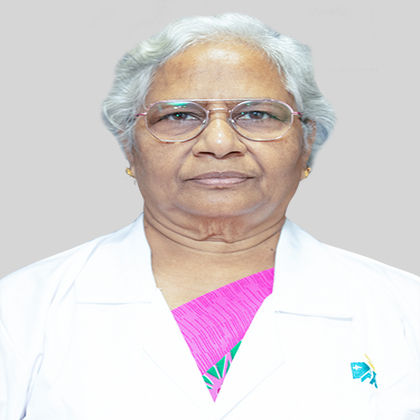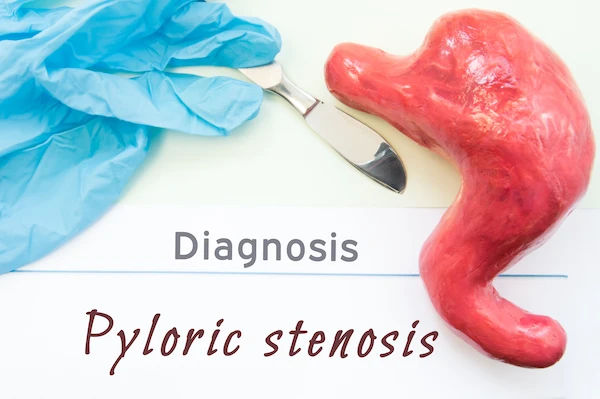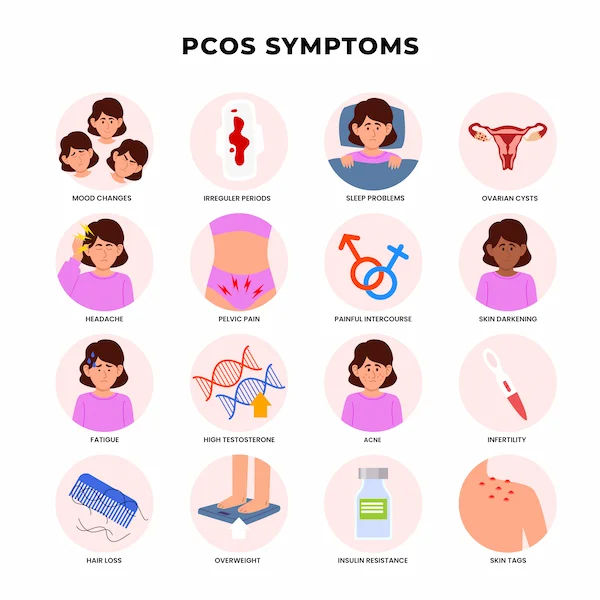Antenatal Care for a Smooth Pregnancy
Ensure a healthy pregnancy with proper antenatal care. Learn about essential tests, nutrition, doctor visits, and when to seek help for a smooth and safe journey to motherhood.

Written by Dr. J T Hema Pratima
Reviewed by Dr. D Bhanu Prakash MBBS, AFIH, Advanced certificate in critical care medicine, Fellowship in critical care medicine
Last updated on 25th Aug, 2025

Pregnancy is a beautiful and transformative journey, but it also comes with its share of challenges. Proper antenatal care (pregnancy care) ensures that both the mother and baby stay healthy throughout this period. Whether you’re expecting your first child or adding to your family, understanding the importance of regular check-ups, a balanced diet, and self-care can make your pregnancy smoother and safer.
What is Antenatal Care?
Antenatal care refers to the medical supervision and support provided to a pregnant woman from conception until delivery. It includes regular doctor visits, tests, dietary guidance, and lifestyle advice to monitor the health of both mother and baby.
Why is Antenatal Care Important?
1. Monitors Baby’s Growth – Regular ultrasounds and check-ups ensure the baby is developing well.
2. Detects Complications Early – Conditions like gestational diabetes, high blood pressure, or anemia can be managed if caught early.
3. Prepares for a Safe Delivery – Doctors can plan for any special care needed during childbirth.
4. Supports Mother’s Health – Pregnancy affects the body in many ways; proper care helps manage fatigue, nausea, and other discomforts.
Key Components of Antenatal Care
1. Regular Doctor Visits
First Trimester (0-12 weeks): Confirmation of pregnancy, blood tests, and early scans.
Second Trimester (13-28 weeks): Monitoring baby’s growth, checking for abnormalities, and tracking the mother’s health.
Third Trimester (29-40 weeks): Preparing for delivery, checking baby’s position, and ensuring the mother is ready for labor.
2. Essential Tests During Pregnancy
Blood Tests – To check hemoglobin levels, blood group, infections (HIV, hepatitis), and immunity.
Ultrasounds – To monitor baby’s growth, detect abnormalities, and confirm due date.
Glucose Test – To screen for gestational diabetes.
Urine Tests – To check for infections or kidney issues.
Get Your Symptoms Checked now.
3. Nutrition & Diet Tips
A healthy diet supports the baby’s growth and keeps the mother energized.
Foods to Include:
Proteins – Eggs, lentils, lean meat, dairy.
Iron-rich foods – Spinach, beans, nuts, red meat (prevents anemia).
Calcium – Milk, yogurt, cheese (for baby’s bones).
Folic Acid – Leafy greens, citrus fruits (prevents birth defects).
Hydration – Drink plenty of water (8-10 glasses daily).
Foods to Avoid:
Raw or undercooked meat/fish (risk of infections).
Excessive caffeine (limit to 1-2 cups of coffee/day).
Unpasteurized dairy (may contain harmful bacteria).
Alcohol and smoking (harmful to baby’s development).
Consult Top Gynecologists
4. Exercise & Physical Activity
Moderate exercise helps reduce pregnancy discomforts and prepares the body for labor.
Safe Exercises:
Walking
Prenatal yoga
Swimming
Light stretching
Avoid:
Heavy lifting
High-impact sports
Exercises that strain the abdomen
5. Managing Common Pregnancy Discomforts
Morning Sickness – Eat small, frequent meals; ginger tea may help.
Back Pain – Use a pregnancy pillow, practice good posture.
Fatigue – Rest often, take short naps.
Swelling – Elevate feet, stay hydrated, reduce salt intake.
When to Seek Immediate Medical Help
Contact your doctor if you experience:
Severe abdominal pain
Heavy bleeding
Severe headaches or blurred vision (sign of high BP)
Reduced baby movements
High fever or persistent vomiting
Final Thoughts
Antenatal care is not just about medical check-ups—it’s about nurturing yourself and your baby with love and care. By following a balanced diet, staying active, and attending regular doctor visits, you can ensure a smooth and joyful pregnancy journey.
Need Expert Guidance?
If you’re pregnant or planning to conceive, consult an expert gynecologist for personalized care. You can book an appointment or schedule tests easily through Apollo 24|7 for hassle-free, expert antenatal care.
Consult Top Gynecologists
Consult Top Gynecologists

Dr. Swati Shah
Surgical Oncologist
15 Years • DNB Surgical Oncology, certified Robotic Cancer Surgeon
Ahmedabad
Apollo Hospitals Gandhinagar, Ahmedabad
(25+ Patients)

Dr Farhana J
Obstetrician and Gynaecologist
8 Years • MBBS,DGO,DNB(OG)
Tiruchirappalli
Apollo Speciality Hospitals Old Palpannai, Tiruchirappalli

Dr. Karuna Ratwani
Obstetrician and Gynaecologist
11 Years • MBBS, MS( Obstetrics & Gynaecology), F.MAS, FICRS Advanced Diploma in Minimal Access surgery Fellow of International College of Robotic Surgeons Diploma in Reproductive Medicine, Kiel-Germany Masters in Cosmetic Gynaecology , Greifswald-Germany Masterclass in Obstetrics & Gynaecology Ultrasound ( ISUOG, UK)
Delhi
Apollo Hospitals Indraprastha, Delhi

Dr. Sangamithray D
Obstetrician and Gynaecologist
38 Years • MBBS, DGO, Dip NM
Chennai
Apollo Hospitals Tondiarpet, Chennai

Dr Bhawna Garg
Gynaecological Oncologist
26 Years • MBBS, MS, (PGI MS ROHTAK) FELLOWSHIP GYNECOLOGY ONCOLOGY, (CANCER INSTITUTE CHENNAI)
Delhi
Apollo Hospitals Indraprastha, Delhi

.webp)



